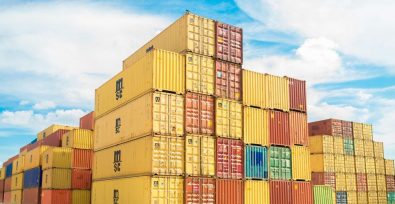The U.S. government’s move to ban imports from five more Chinese companies over alleged ties to Uyghur forced labor is the latest escalation in Washington’s efforts to eliminate goods made with forced labor from American supply chains.
The targeted entities include manufacturers of magnesium products as well as a subsidiary of a major mining group operating in the Uyghur Region. They have now been added to the Uyghur Forced Labor Prevention Act Entity List, which restricts imports tied to what the U.S. has characterized as an ongoing crimes against humanity.
Chipping away at the problem
A multitude of global corporations have supply chains tainted by Uyghur forced labor and though companies continue to be added to the entity list, it is slow going compared to the scale of the problem.
Over 20% of the world’s cotton supply originates in China’s Uyghur Region, with 84% of China’s domestic cotton production coming from the region. Investigations have also uncovered Uyghur forced labor being used in the production of goods ranging from automotive parts and solar panels to vinyl flooring and household appliances.
Reuters reports,
The list now includes over 70 entities tied to products including cotton apparel, automotive parts, vinyl flooring and solar panels.
The list identifies those who work with the government of the Xinjiang Uyghur Autonomous Region to recruit and transport Uyghurs, Kazakhs, Kyrgyz or members of other persecuted groups out of the region, and those who source material from the region or from people who work with the government of Xinjiang.
The need for a comprehensive approach
While this crackdown represents a positive step, advocates warn that it is just one piece of a much larger puzzle when it comes to addressing the scourge of Uyghur forced labor. In fact, despite the ban, experts report that Uyghur Region cotton is still making its way into the U.S.
The sheer scale and complexity of the issue underscores the need for a multi-pronged approach, going beyond import bans to apply pressure from various angles. Consumers, for example, have a key role to play by demanding accountability from brands with known supply chain links to the Uyghur Region.
The Freedom United community and over 280 organizations, led front and center by survivors, are advocating for companies to cut ties with the Uyghur forced labor system.
Grassroots activism, policy interventions, and international cooperation will all be crucial in the fight to uproot Uyghur forced labor.





Freedom United is interested in hearing from our community and welcomes relevant, informed comments, advice, and insights that advance the conversation around our campaigns and advocacy. We value inclusivity and respect within our community. To be approved, your comments should be civil.